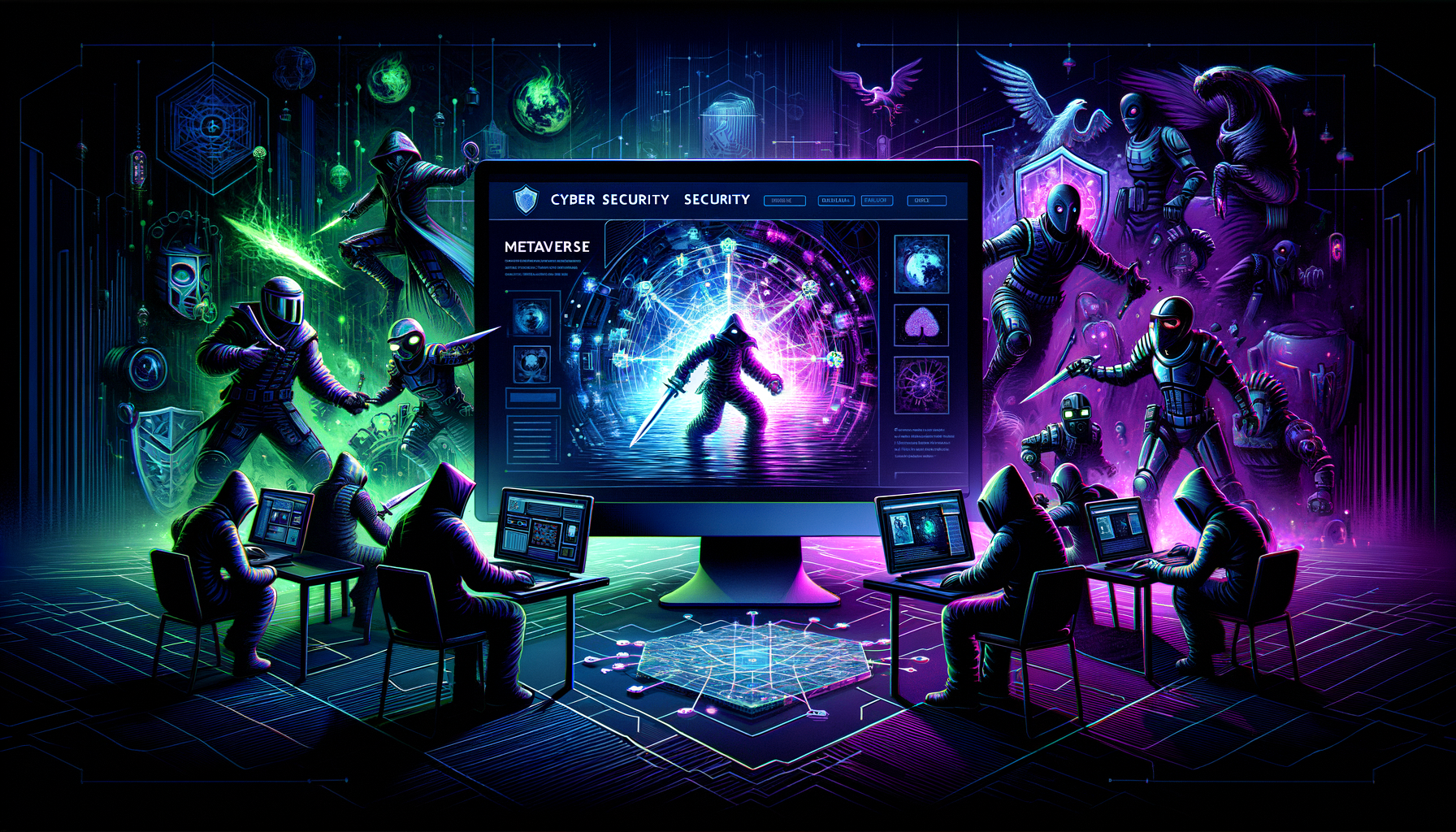Cybersecurity Threats to Hospital and Clinic Networks: An In-depth Analysis
Healthcare organizations, such as hospitals and clinics, are increasingly becoming targets for cyber threats. A recent report, highlighted by Cybersecurity News, revealed that these institutions, along with medical devices, are currently under severe cyber threats. The growing dependence on technology in healthcare makes the sector vulnerable to potential breaches, hence diligent cybersecurity measures, like those offered by Hodeitek, become incredibly crucial.
The Magnitude of the Threat
With increasingly digitized systems, the healthcare sector is an attractive target for cyber-attackers. Multiple reasons contribute to this. Patient records are goldmines of sensitive data, and healthcare systems are often built on aging technological infrastructure, which may not have built-in defenses against modern cyber threats.
Information at Risk in Healthcare Breaches
The amount of personal data in healthcare records makes a breach especially consequential. Information such as:
- Name, address, and contact details
- Birth date
- Personal health records
- Social security numbers
- Insurance and billing information
are all packaged into a single patient record, and a sufficiently determined attacker can wreak havoc with just one of these records in their hands.
The Current Scenario
As the cyber threat landscape continues to evolve, so too has the nature of attacks. According to the aforementioned report, the main attack vectors that have been identified are ransomware campaigns and DDoS (Distributed Denial of Service) attacks.
Ransomware Attacks
Hodeitek, as a leading cybersecurity service provider, has observed an increase in ransomware attacks on healthcare facilities. Ransomware is a form of malware that locks down a system, and the hackers demand a ransom to unlock it. This form of attack can lead to pause crucial medical services and may risk patients’ lives.
DDoS Attacks
DDoS attacks bring networks to their knees by overloading them with traffic. In the context of healthcare, this could mean life-critical instrumentation and monitoring systems going offline, with potentially dire consequences.
Strengthening Cybersecurity Measures in Healthcare: Role of Hodeitek
Preventing these attacks requires a holistic approach to cybersecurity. At Hodeitek, we stress the importance of not just implementing effective firewalls and threat-detection systems, but also ensuring regular updates and patches are applied, and that data is backed up regularly.
Hodeitek’s Approach to Healthcare Cybersecurity
We believe in a three-pronged approach at Hodeitek for healthcare cybersecurity:
- Risk Assessment: Evaluating the existing cybersecurity measures and identifying vulnerabilities.
- Prevention Measures: Implement firewalls, secure communication channels, intrusion detection systems, and encrypt data at rest and in transit.
- Response Plan: Having a well-thought-out response plan for different kinds of attacks.
This comprehensive security plan, designed and managed by industry experts, ensures we address the unique vulnerabilities that hospitals and clinics face.
Conclusion
Cyber threats to hospital networks and medical devices are a pressing issue. With the availability of in-depth reports and updates on these threats, now is the time to act on improving cybersecurity in the healthcare sector. Using reputable cybersecurity services like Hodeitek can help healthcare providers protect their critical infrastructure from these digital perils.






